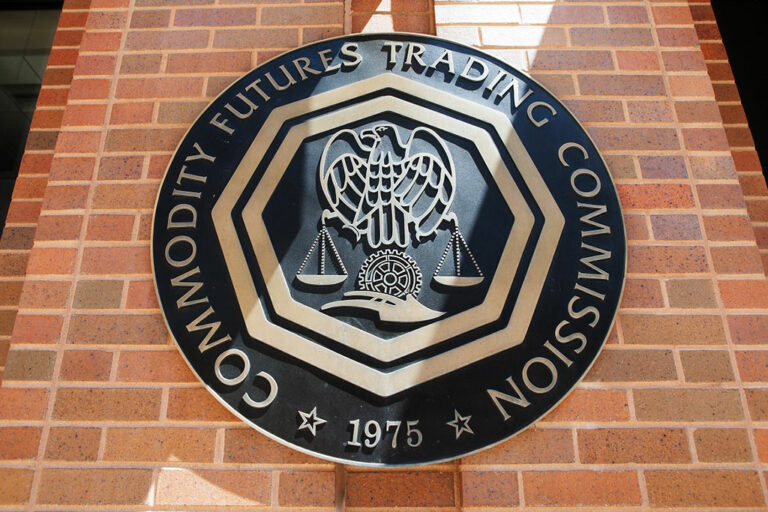The CFTC says that young people, students and job seekers should be careful as unwitting money mules are still liable to criminal charges.
The Commodity Futures Trading Commission (CFTC) has warned young people, including students and remote job seekers, about scams that use unsuspecting job seekers as crypto money mules. In a release published Monday, the CFTC’s Office of Customer Education and Outreach (OCEO) warns of the dangers of these scams, which help criminals to launder money.
CFTC Warns Job Seekers Warned About Become Money Mules
According to the OCEO, young people could end up in jail simply by associating with illicit activity. These money mule scams get people to use their crypto wallets, trading accounts, or other digital wallets to send and receive money or transfer funds from one person to another. Job seekers are sometimes easy targets because they may believe the requests are legitimate “secret shopper” or “payment processor” activities. OCEO Director Melanie Devoe stated:
“Young people looking for summer jobs may be just looking for part-time income and could be attracted to offers that require being online a few hours a day. Unfortunately, they could become unwitting accomplices to money laundering or what the criminals call ‘money mules,’ and that association could land them in jail.”
The OCEO writes that criminal organizations use networks of people to move illicit funds to evade law enforcement. These fund transfers and currency conversions seem legit as young people and job seekers usually think they are performing regular job duties. In other instances unrelated to job seeking, victims may believe they are helping a friend or doing a love interest a favor.
Unfortunately, according to the CFTC, “the consequences – often in the form of criminal charges – remain the same for witting and unwitting participants.”
In some cases, scammers may convince the victims to on-ramp cash to a blockchain. This involves using cash to buy crypto via a trading account, or even a Bitcoin kiosk, and then sending the crypto to a specified wallet. There is also off-ramping, which requires people to convert crypto tokens to fiat currency, essentially withdrawing the money from the blockchain.
Methods Used by Criminals
Cryptocurrency transfers are an easy way for criminals to move illicit funds under the radar. However, criminals are also aware that despite some anonymity in blockchain use, law enforcement agencies are getting better at tracing and confiscating illicit assets. Consequently, criminals get unsuspecting victims to help them off-ramp the money and then move the fiat from the victim’s bank account to another.
The OCEO’s release also highlights another common scam called “smurfing”. Using crypto, criminals send a large amount to an unsuspecting person’s wallet or trading account. The person is then expected to send small amounts to several wallet addresses.
The CFTC’s release is part of its participation in the Money Mule Initiative, an annual international movement to dismantle money laundering networks. The US Department of Justice (DoJ) reported that through this year’s campaign alone, law enforcement agencies have taken action against over 3,000 money mules. The agencies have also brought charges against 24 individuals.
next